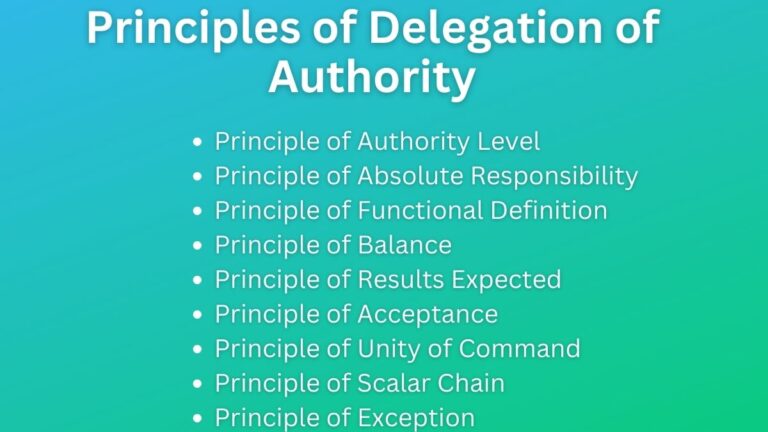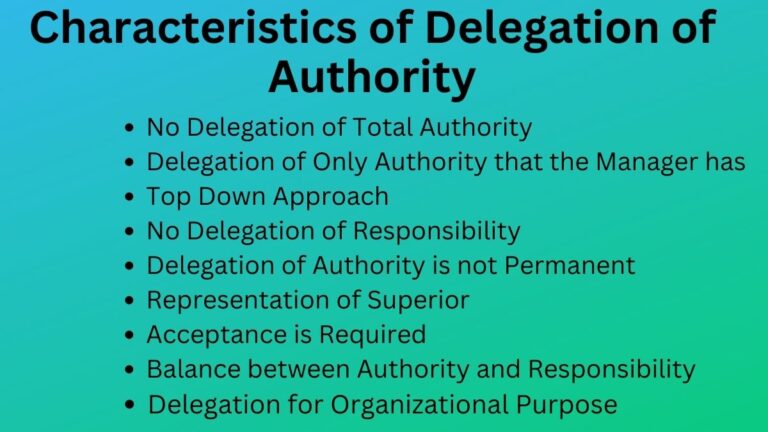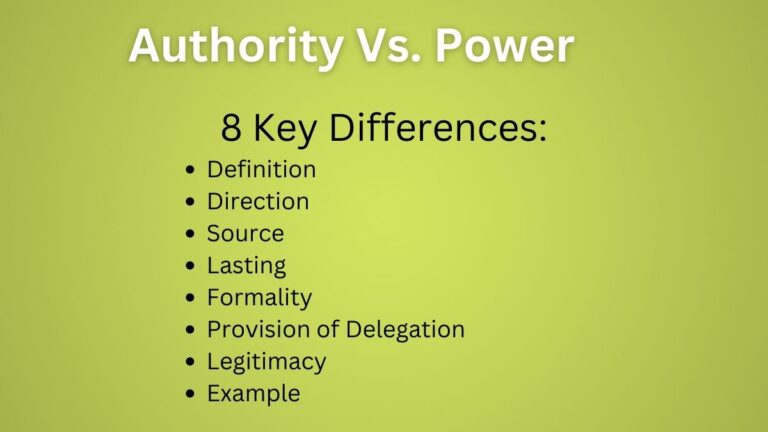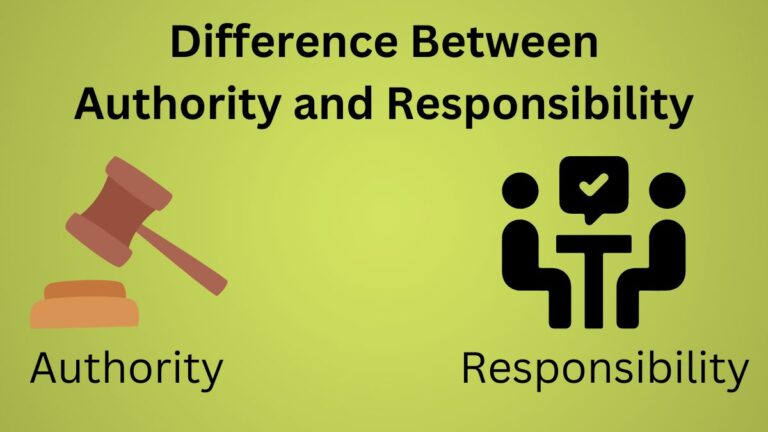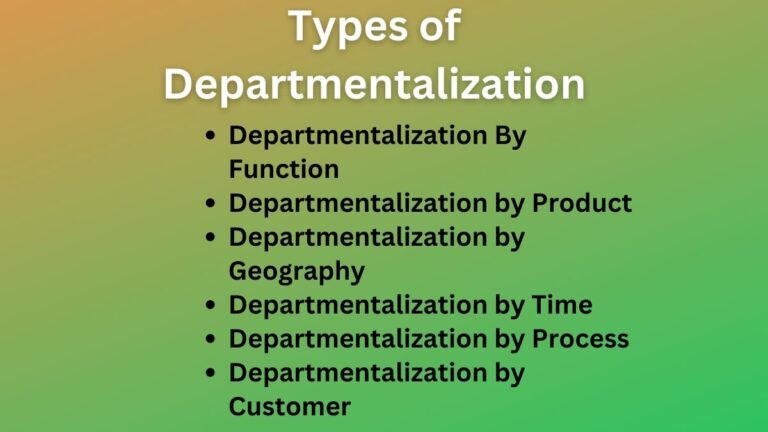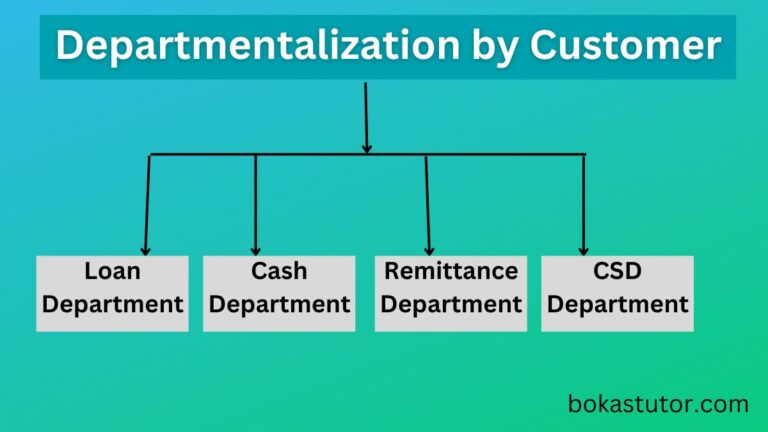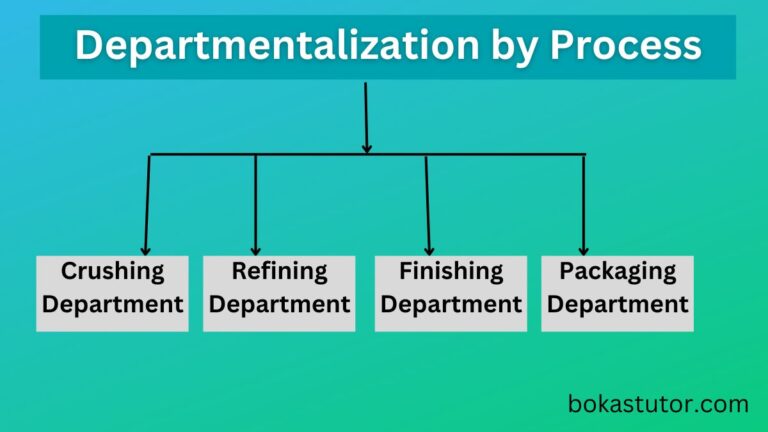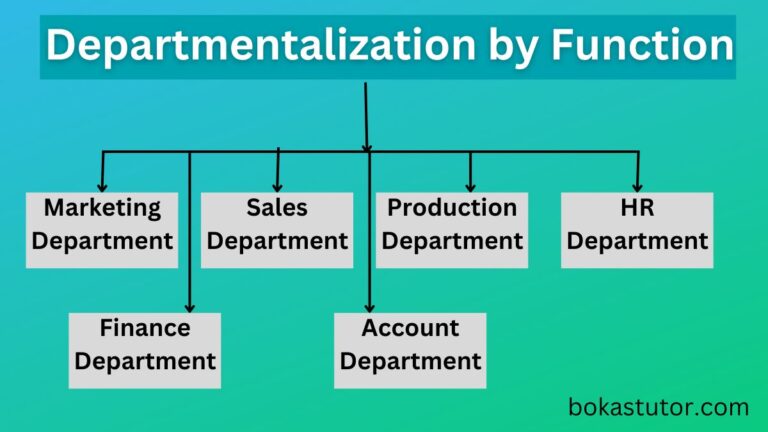9 Principles For Effective Delegation of Authority in the Workplace
Principles of Delegation of Authority Delegation of authority is a management philosophy by which a manager assigns responsibility to subordinates along with the necessary authority to carry out the delegated tasks. When authority is delegated effectively it ensures employee satisfaction, increased performance, and increased productivity in the organization. For this, managers need to follow some…
